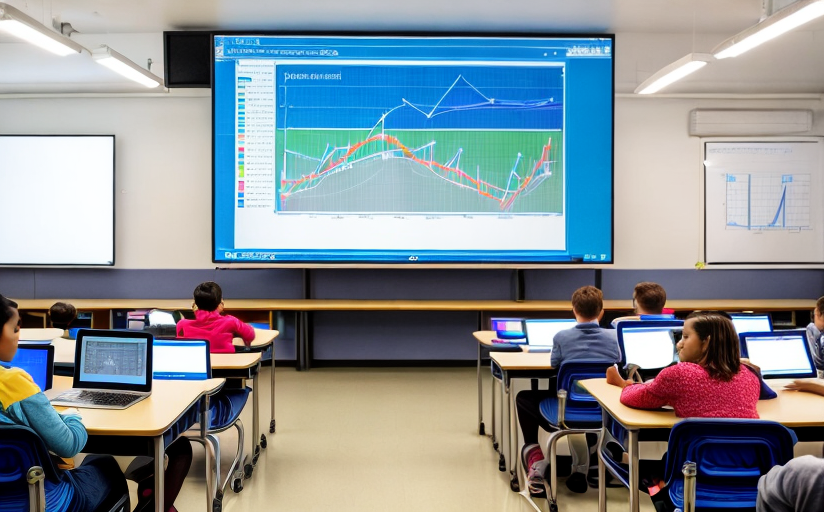The Influence and Impact of Technological Advancements on Contemporary Education Systems
Over recent years, the realm of education has been significantly transformed due to the evolution of technology. From the conventional blackboard teaching approach to digitalized learning resources, the education sector has been substantially benefitted while also confronting numerous challenges in integrating these advancements effectively.
Positive Aspects
Accessibility of Digital Resources
Digitalization has facilitated the accessibility of study materials at any time from anywhere. With numerous educational apps and e-books available, the traditional boundaries of learning have been dissolved. It made educational resources affordable and readily available even in remote areas.
Changes in Teaching Methodologies
Newer teaching methodologies enabled by technology have fostered an interactive learning environment. With the aid of projectors, smartboards, and other tools, complex concepts can be explained easily, making learning simpler and effective.
Online Learning
Technology has blazed the trail for smooth distance learning solutions. The pandemic-induced restrictions have emphasized the value of online learning platforms, making education resilient to unprecedented disruptions.
AI and VR in Simulated Learning Environments
Artificial Intelligence (AI) and Virtual Reality (VR) have revolutionized education, generating practical and immersive learning experiences. From VR field trips to AI-powered learning games, these technologies have proven to boost understanding and retention.
Special Education
Advancements in assistive and adaptive technology have enhanced learning for students with disabilities. With tools and software to cater to their specific needs, special education is witnessing a tech-driven transformation, promoting inclusivity.
Negative Aspects and Challenges
However, the assimilation of technology in education also presents a few challenges. The digital divide, cyber security issues, and lack of digital literacy among educators and students often hinder the absolute technology integration in education.
Overcoming the Challenges
By ensuring affordable high-speed internet access, implementing stringent cyber safety measures and offering digital literacy programs to teachers and students, these challenges can be overcome.
Future of Education
The future of education will be further moulded and shaped by technology which will introduce higher levels of personalization, active learning and global connectivity. The potential is limitless and as technology continues to evolve, so too will the learning environment it facilitates.
In conclusion, while acknowledging the associated challenges, it is undeniable that technology enables a new dimension for the education sector. Embracing these advancements while addressing the potential drawbacks, will shape a future where learning is more engaging, accessible and inclusive than ever before.



















Comments
Leave a Comment